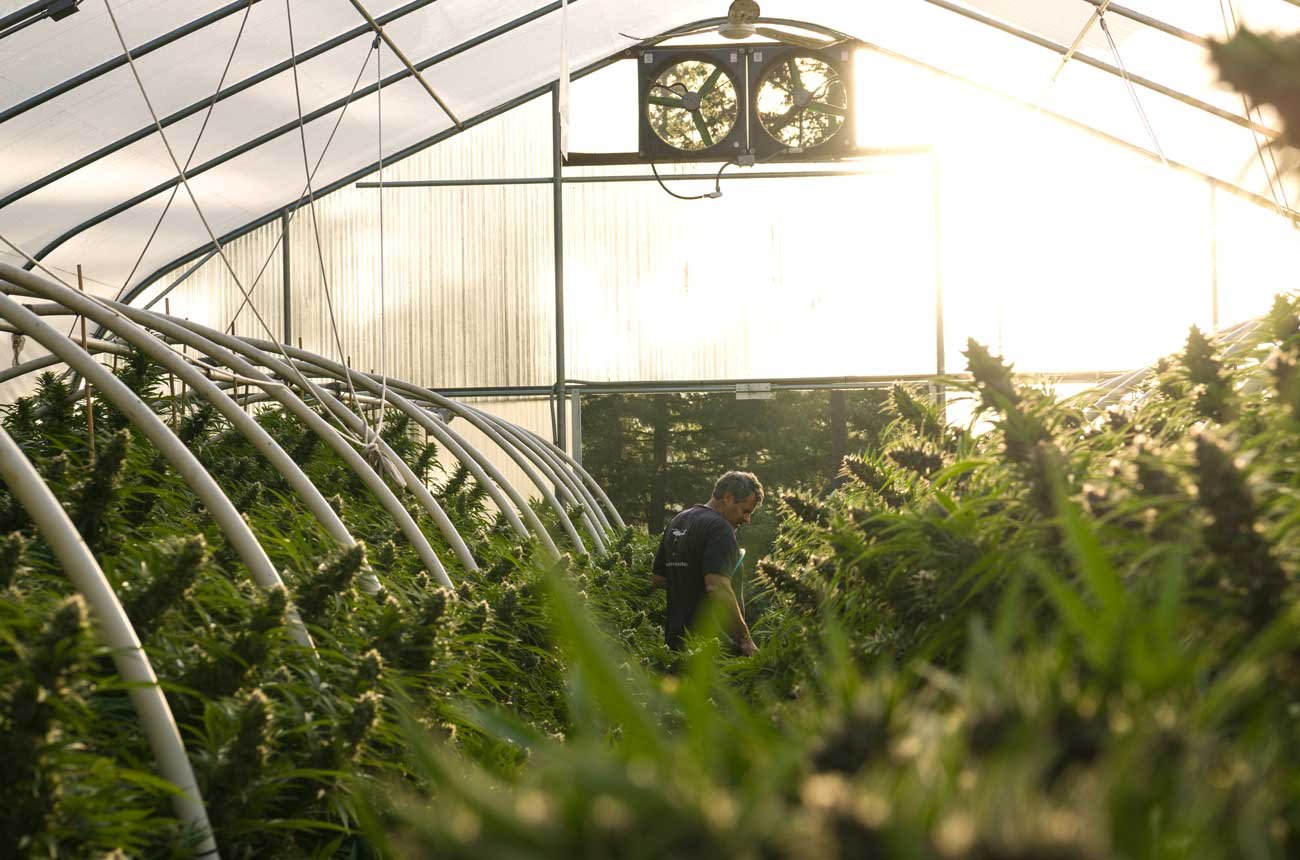At a recent panel at UNLV, leaders from the gaming and cannabis industries discussed potential collaborations fueled by cannabis-friendly legislation in Nevada’s Resort Corridor. Seth Schorr, CEO of Fifth Street Gaming, emphasized the need for innovative approaches to attract tourists, especially as Las Vegas faced a decline of nearly 300,000 visitors in March compared to the previous year.
The Nevada Legislature is currently addressing state budget challenges after revenue projections for the upcoming biennium were cut by $191 million. Schorr noted that competition in the gaming sector has intensified, with other states and online gaming platforms posing significant threats.
Despite Nevada’s legalization of recreational cannabis, regulatory barriers have kept the cannabis and gaming industries separate due to federal laws. Schorr pointed out that adapting to the current landscape is essential.
“We need every tool available to drive visitation,” he stated. “Ten years ago, we might have been conservative. Today, everything should be on the table. We cannot afford to miss opportunities.”
The panel featured representatives from both industries and state regulators, who examined the evolution of their relationship since the legalization of recreational cannabis. One key issue discussed was the restriction on cannabis delivery to the Resort Corridor, which limits tourists’ access to cannabis products. David Goldwater, owner of Inyo Cannabis Dispensary, highlighted that while they are working to change this, the Cannabis Compliance Board is cautious about expanding delivery services too broadly.
“The cannabis industry now recognizes it has a partner in the gaming sector for future collaboration, which will include working closely with regulators to find viable solutions,” Goldwater said.
Terry Johnson, a former member of the Nevada Gaming Control Board and author of its 2014 stance on marijuana, suggested further exploration of opportunities for both industries. He believes there is potential for positive public reception.
“I don’t think people will stop visiting Nevada because we are having these conversations,” Johnson stated.
Current regulations require a minimum distance of 1,500 feet between cannabis dispensaries and casinos, a rule Goldwater criticized as arbitrary. He argued that this separation is outdated and needs reevaluation.
Assemblymember Max Carter II has introduced Assembly Bill 203, which aims to facilitate collaboration between the Cannabis Compliance Board and the Nevada Gaming Control Board. The bill would require a report assessing the feasibility of allowing gaming licensees to invest in cannabis businesses and recommending necessary changes to federal policy.
As of now, the bill has not passed either chamber but has received a deadline exemption. Goldwater noted the need for Nevada to prepare for potential changes in federal cannabis regulations that could impact local businesses.
Schorr believes that integrating cannabis into resort properties could significantly benefit the local economy. He remarked that consumption lounges, which exist away from major attractions, are not effective, and allowing these lounges in resorts could alter economic dynamics dramatically.
Research from Carnegie Mellon University indicates that daily cannabis use may surpass daily alcohol consumption, prompting questions about whether Las Vegas is missing out on an emerging market.
“In 2006, not every casino featured nightclubs with DJs. It takes time to recognize these trends, and the industry often follows rather than leads,” Schorr stated.
The discussions at UNLV reflect a growing interest in finding ways to merge the cannabis and gaming industries, potentially paving the way for new opportunities for both sectors in Nevada.



